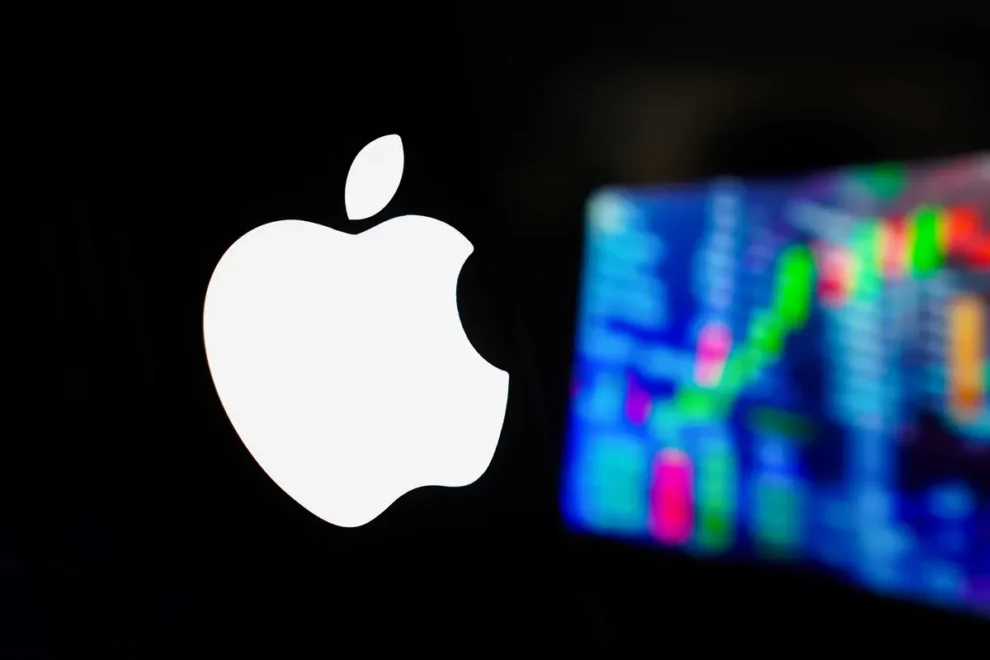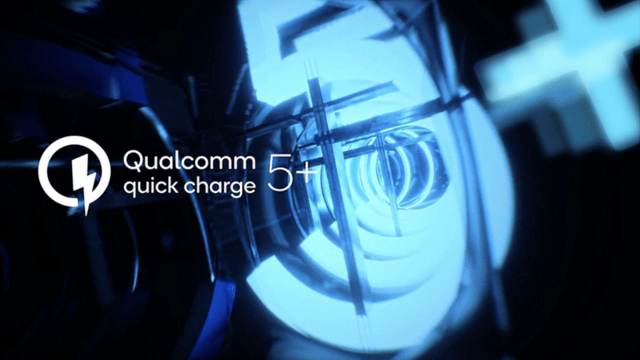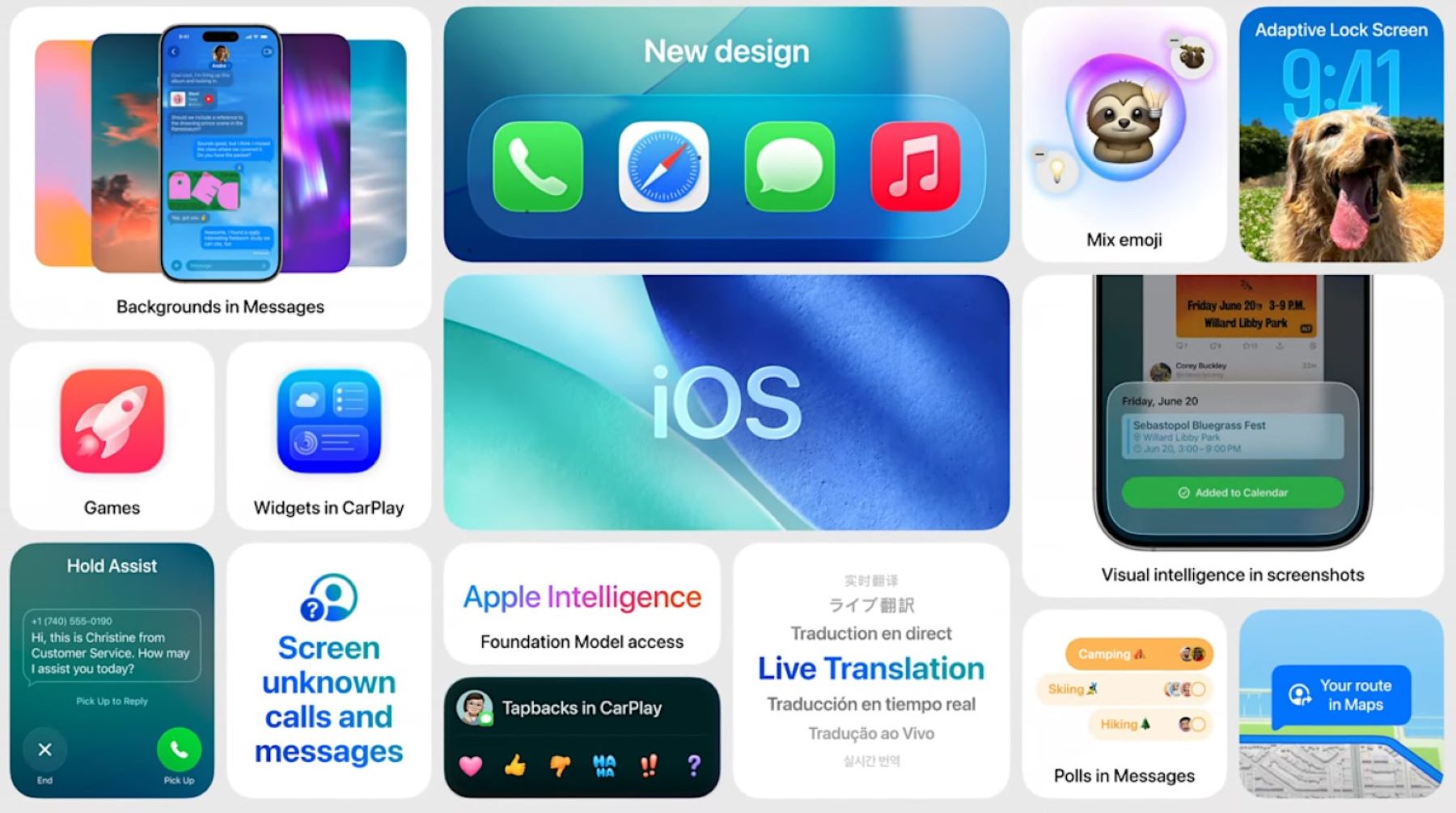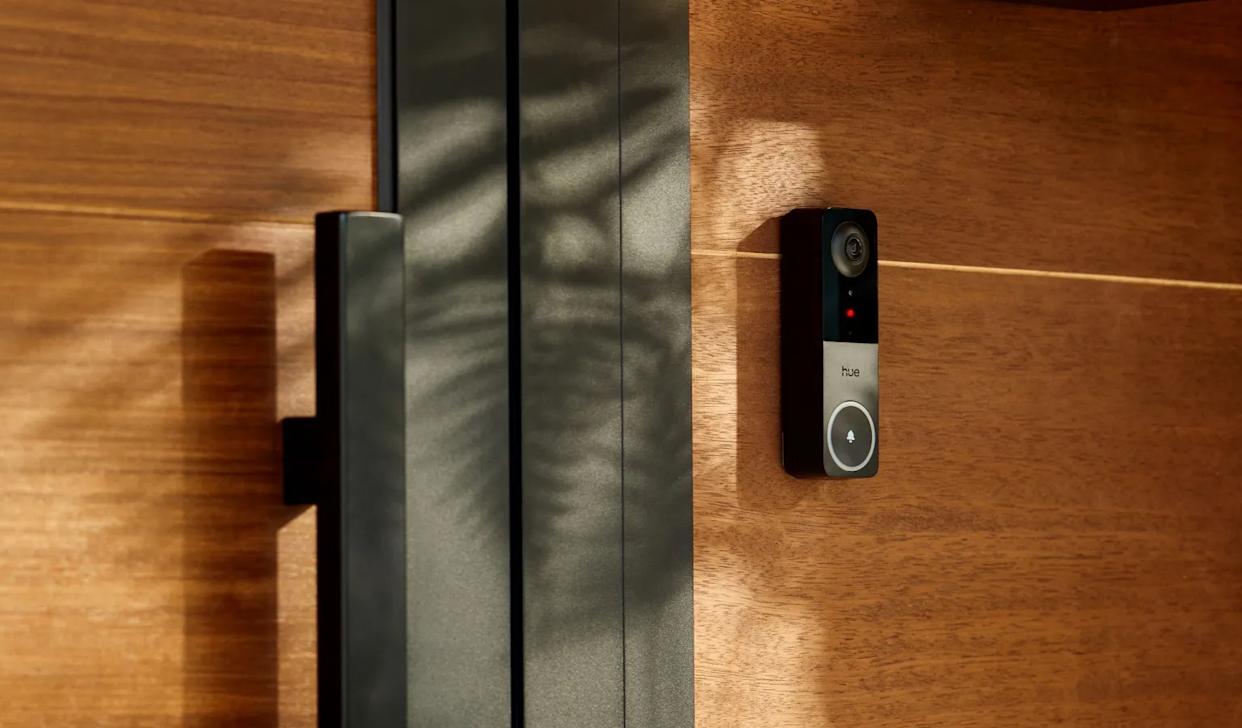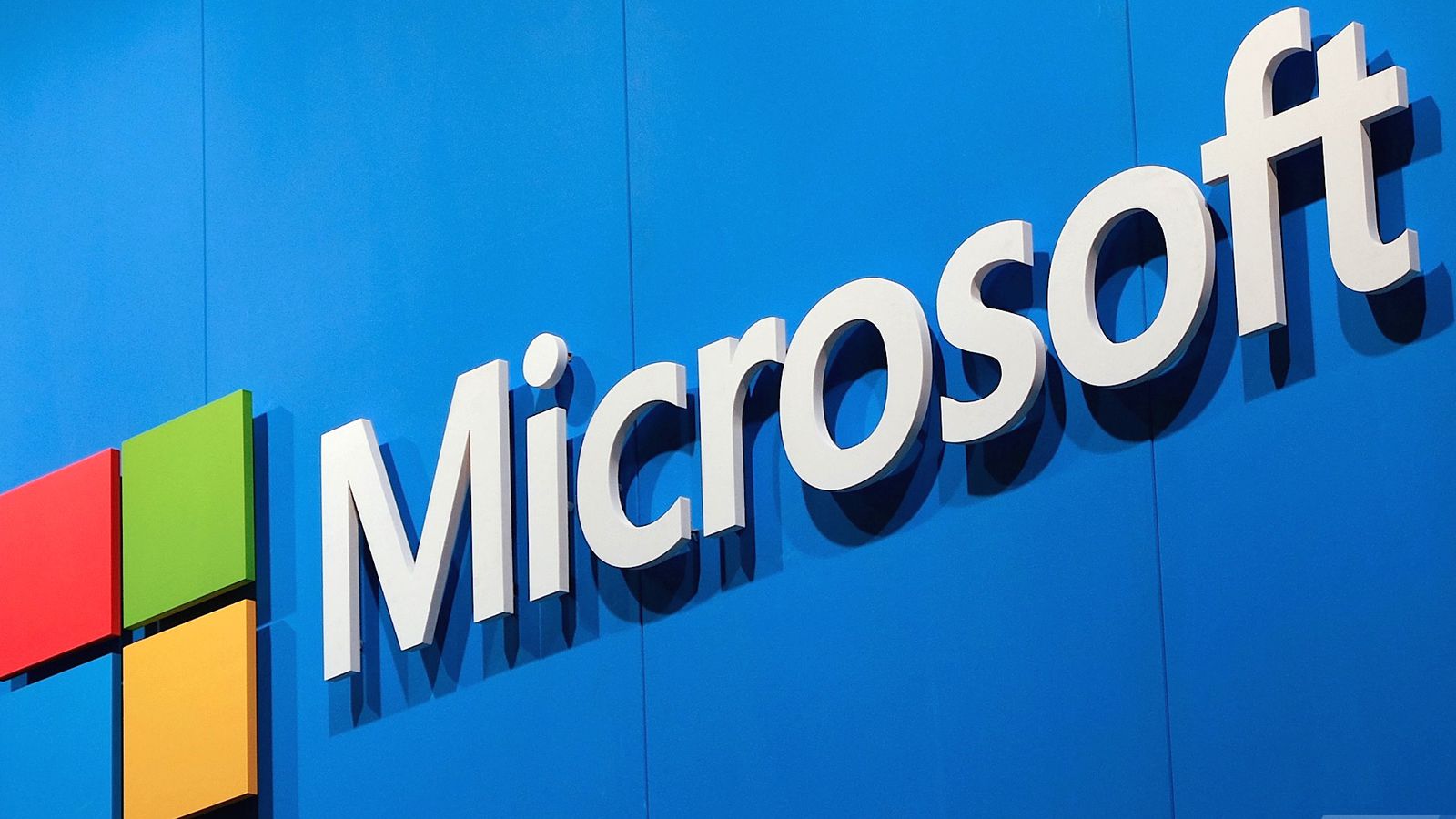The European Commission has formally demanded that Apple open up its iOS and iPadOS ecosystems, mandating greater interoperability with third-party devices like smartwatches, headphones, and virtual reality headsets. This move is seen as a major challenge to Apple’s traditionally tightly controlled environment, where it has historically exerted significant control over which accessories and services can seamlessly interact with its devices.
The Commission’s action stems from concerns that Apple’s practices may stifle competition and limit consumer choice.
By potentially favoring its own products, such as AirPods and the Apple Watch, Apple could be hindering innovation and preventing consumers from fully benefiting from a diverse range of accessories. The EU’s intervention aims to level the playing field, fostering an environment where various manufacturers can offer their products and services to Apple users without facing undue restrictions.
The Digital Markets Act: A New Era of Regulation
This push for interoperability comes on the heels of the implementation of the Digital Markets Act (DMA), a landmark piece of legislation aimed at curbing the power of tech giants designated as “gatekeepers.” The DMA empowers the European Commission to take proactive steps to ensure fair competition in the digital marketplace. It specifically targets companies that control critical platforms or services, giving them an unfair advantage over smaller competitors.
Apple falls squarely within the scope of the DMA, and the Commission’s recent demand is a direct application of its newly granted authority. By enforcing interoperability, the EU aims to break down the walled gardens that large tech companies have built around their ecosystems, enabling greater choice and innovation for consumers.
The Battle for Openness
Apple has long maintained a reputation for its meticulously crafted ecosystem, where hardware, software, and services are tightly integrated to provide a seamless user experience. While this approach has undoubtedly contributed to the company’s success, it has also drawn criticism for its potential to exclude competitors and limit consumer choice.
The EU’s intervention marks a significant turning point in this ongoing battle for openness. By mandating interoperability, the Commission is challenging Apple’s control over its ecosystem and forcing it to accommodate third-party devices and services. This move could have far-reaching implications for the tech industry, potentially ushering in a new era of greater competition and innovation.
Potential Impacts on the Market
If Apple complies with the EU’s demands, we could see a significant shift in the market for smartwatches, headphones, and other accessories. Consumers would have more freedom to choose from a wider range of products, potentially leading to lower prices and greater innovation. Smaller manufacturers would gain access to a vast new market, stimulating competition and driving further advancements.
However, Apple has expressed concerns about the potential impact on user privacy and security. The company argues that opening up its ecosystem could expose users to malware and other threats. It also claims that its tight control over the ecosystem is essential for ensuring a seamless and reliable user experience.
A Balancing Act
The EU’s push for interoperability represents a delicate balancing act between promoting competition and protecting consumer interests. On the one hand, opening up Apple’s ecosystem could lead to greater choice and innovation. On the other hand, there are legitimate concerns about the potential impact on privacy and security.
The Commission will need to tread carefully to ensure that its intervention achieves its desired goals without compromising user safety or stifling innovation. Striking the right balance will be crucial for fostering a healthy and competitive digital marketplace.
Apple now has six months to comply with the Commission’s demands. During this time, the company will need to work closely with the EU to develop a plan for implementing interoperability. This will likely involve significant technical and logistical challenges, as well as potential impacts on Apple’s business model.
The outcome of this process will have far-reaching implications for the tech industry. If Apple successfully navigates this transition, it could pave the way for greater openness and competition across the digital landscape. However, if the company resists or fails to comply, it could face significant fines and other penalties.
The EU’s push for interoperability represents a major challenge to Apple’s closed ecosystem. It also signifies a broader shift towards greater regulation of tech giants and their practices. The outcome of this process will shape the future of the digital marketplace, potentially leading to greater choice, innovation, and competition for consumers.
While the transition to interoperability may be complex and fraught with challenges, it is ultimately a necessary step towards a more open and equitable digital landscape. The EU’s intervention serves as a reminder that even the most powerful tech companies are not immune to scrutiny and regulation. As technology continues to evolve and play an increasingly central role in our lives, it is essential to ensure that it serves the interests of all stakeholders, not just a select few.
